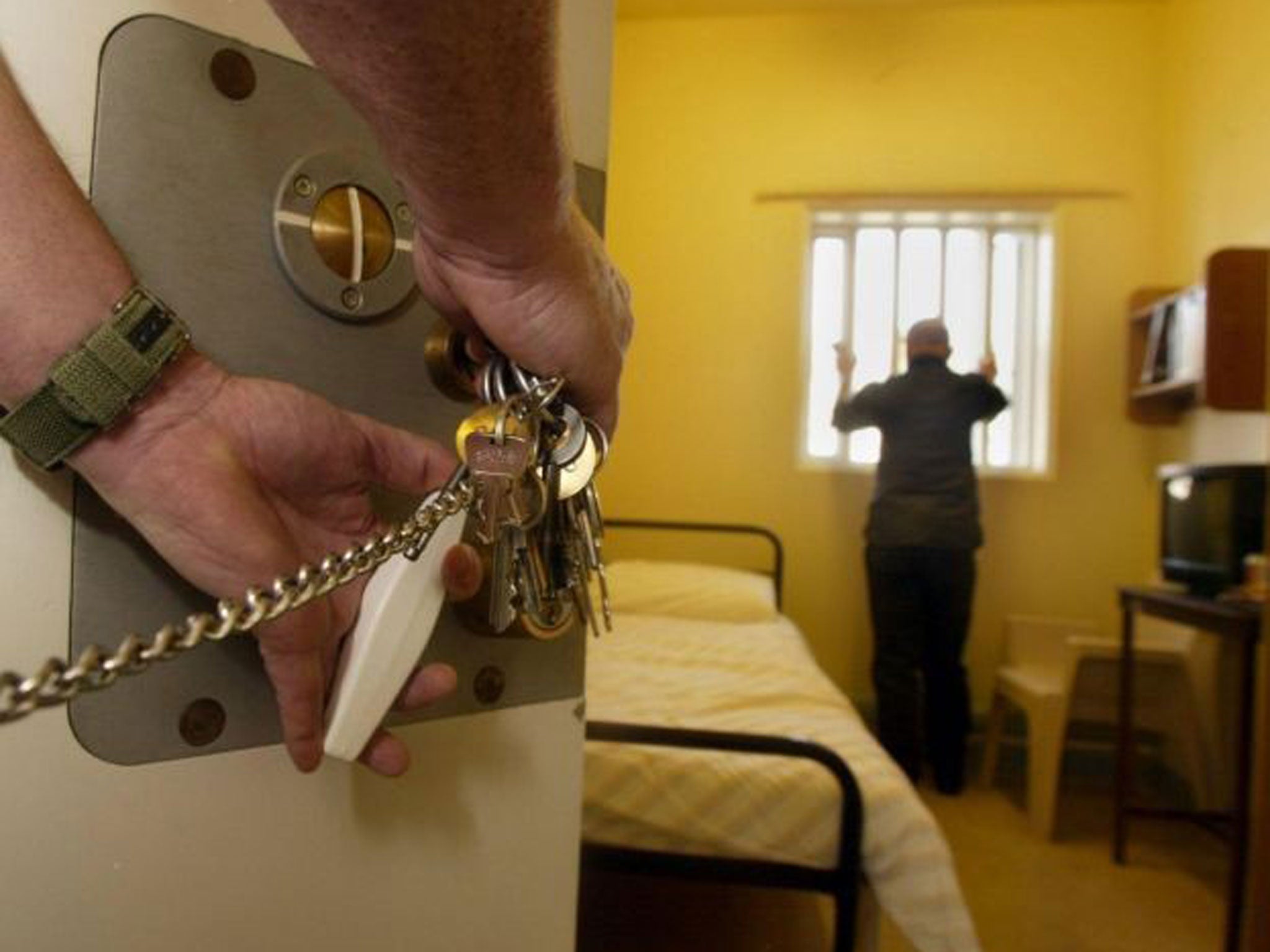Victims of stalking and abuse still face systemic problems
Campaigners warn that changes to sentencing fail to tackle the real issues, writes Maya Oppenheim


Victims of domestic abuse, stalking and child sexual abuse will be allowed to challenge sentences handed to their perpetrators which they deem not to be sufficiently stringent under new laws.
But the 14 offences added to the Unduly Lenient Sentence Scheme – including coercive and controlling behaviour and harassment – still fail to tackle systemic problems in the criminal justice system, according to frontline service providers.
Rebecca Hitchen, of the End Violence Against Women coalition, said: “The broadening out of this scheme will, on the face of it, allow more victims to challenge unduly lenient sentencing. However there are not enough cases reaching trial, let alone sentencing, so in reality it is unlikely to help that many more women who have experienced abuse.
“This scheme tinkers at the edges of a system which requires serious scrutiny and improvements to address its failings. We would expect that rather than relying on survivors to challenge within a specific timeframe, the judiciary are educating themselves on impacts and harms of this behaviour, and working to ensure sentencing is more consistent.”
Figures from the Ministry of Justice show last year 99 criminals had their sentences expanded via the scheme, which enables individuals to ask the attorney general to take the sentence to the Court of Appeal to be re-examined and it can be lengthened if it is found to be excessively lenient.
Lucy Hadley, of lead domestic abuse charity Women’s Aid, said the changes signified “important progress” due to the fact victims often feel frustrated by “inadequate sentences”.
The campaigner said domestic abuse has a “devastating” long-term impact on survivor lives – noting it has an impact on their mental and physical health and they can sometimes be left with physical disabilities.
Ms Hadley also drew attention to the financial consequences of domestic abuse and said many victims are left with accumulating debts in their name.
“A perpetrator might be given a lenient sentence when the domestic abuse victim has effectively been dealt a life sentence,” Ms Hadley added.
She hit out at the new measures for failing to tackle the fact that convictions for domestic abuse are “too low” or address the massive discrepancies in the sentencing.
Ms Hadley said: “There is a real variation in sentencing for domestic abuse cases – even homicide. We are only seeing around 1,000 cases of coercive and controlling behaviour charged, and that does not always lead to prosecutions, in comparison to half a million domestic abuse reports recorded by the police each year.
“We need better training for police officers. We need to do a lot more to ensure perpetrators are brought to justice. In the past two or three years, there has been a decline of referrals of domestic abuse crimes from the police to the Crown Prosecution Service.”
Join our commenting forum
Join thought-provoking conversations, follow other Independent readers and see their replies
Comments